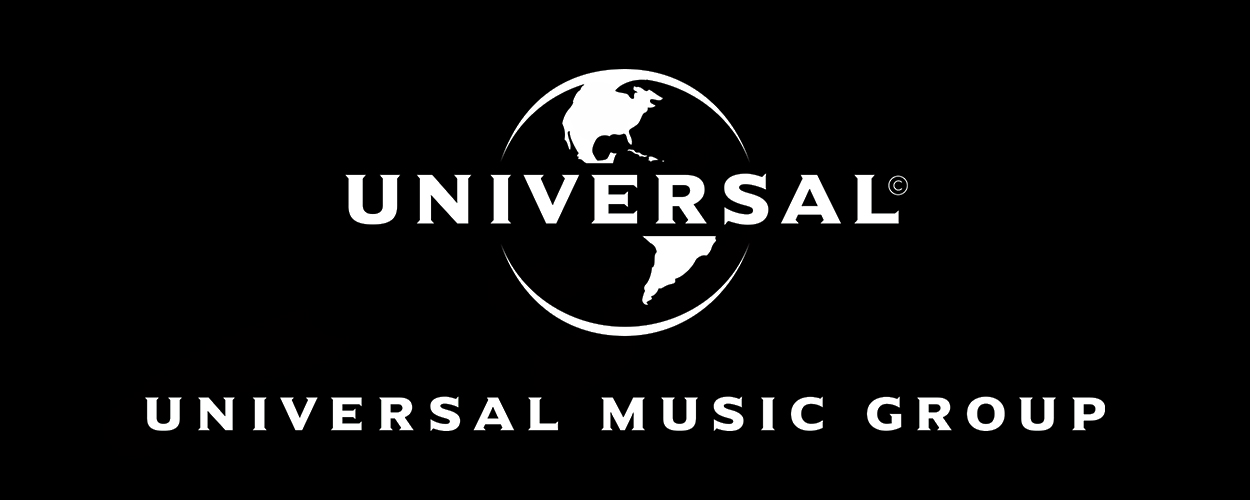This website uses cookies so that we can provide you with the best user experience possible. Cookie information is stored in your browser and performs functions such as recognising you when you return to our website and helping our team to understand which sections of the website you find most interesting and useful.
Business News Labels & Publishers Legal
SPAC that tried to buy 10% of Universal Music sued for not being a proper SPAC
By Chris Cooke | Published on Wednesday 18 August 2021

The special purpose acquisition company – or SPAC – that tried to buy 10% of Universal Music has been sued by a shareholder who alleges that the company is actually an investment business in disguise, and should therefore be subject to extra regulation.
Pershing Square Tontine Holdings, led by hedge fund manager Bill Ackman, announced in June that it would buy 10% of Universal Music from its current owner Vivendi.
That deal was part of Vivendi’s grand plan to spin off the Universal Music Group and list it on the Dutch stock exchange. When that happens, 60% of the new UMG shares will be distributed to Vivendi’s current shareholders. A Tencent-led consortium will own 20% of the standalone music company, leaving 20% with Vivendi itself. Except Vivendi only wants 10%, hence its deal with Ackman’s SPAC.
However, that SPAC deal was somewhat unusual. SPACs – sometimes known as blank cheque companies – are businesses with no active operations that raise money on the investment markets with the intent of using that cash to buy a privately-owned business outright. In doing so, the bought business basically gets a back-door stock market listing, without having to go through the tedious rigmarole of a full-on Initial Public Offering.
But Ackman’s SPAC deal saw Pershing Square Tontine Holdings simply buying 10% of a company that was already about to list on a different stock market. Concerns were raised about that arrangement by both the SPAC’s investors and the US regulator the Securities And Exchange Commission. So much so, Ackman ultimately abandoned the whole thing, and instead bought 7.1% of UMG via other investment funds he controls.
In the new lawsuit, a shareholder in the SPAC argues that Pershing Square Tontine Holdings is being run as a more conventional investment company – buying and selling investment securities like shares and bonds – rather than an entity that exists to acquire a privately owned business outright.
That’s important because, if it was an investment firm, Pershing Square Tontine Holdings would be subject to extra regulation under law, including over the fees it pays its advisors, which includes another Ackman controlled business.
According to Bloomberg, the lawsuit states: “From the time of its formation, PSTH has invested all of its assets in securities, and it has spent nearly all of its time negotiating a transaction that would have invested those assets in still more securities”, by which it means the abandoned UMG share purchase.
It’s an interesting case, not least because it could put the spotlight on the wider world of SPACs, and how they are employed by the investment community and regulated by the SEC.
Which is likely the aim of some of the lawyers working on the case, including former SEC Commissioner Robert Jackson and Yale Law School Professor John Morley. Though some experts doubt that the lawsuit could actually succeed in court.
Meanwhile, Ackman insists that PSTH has never held any investment securities that would result in it being defined as an investment company under US law and therefore being subject to the extra regulation. In an email to Bloomberg he added, “we believe this litigation is totally without merit”.





